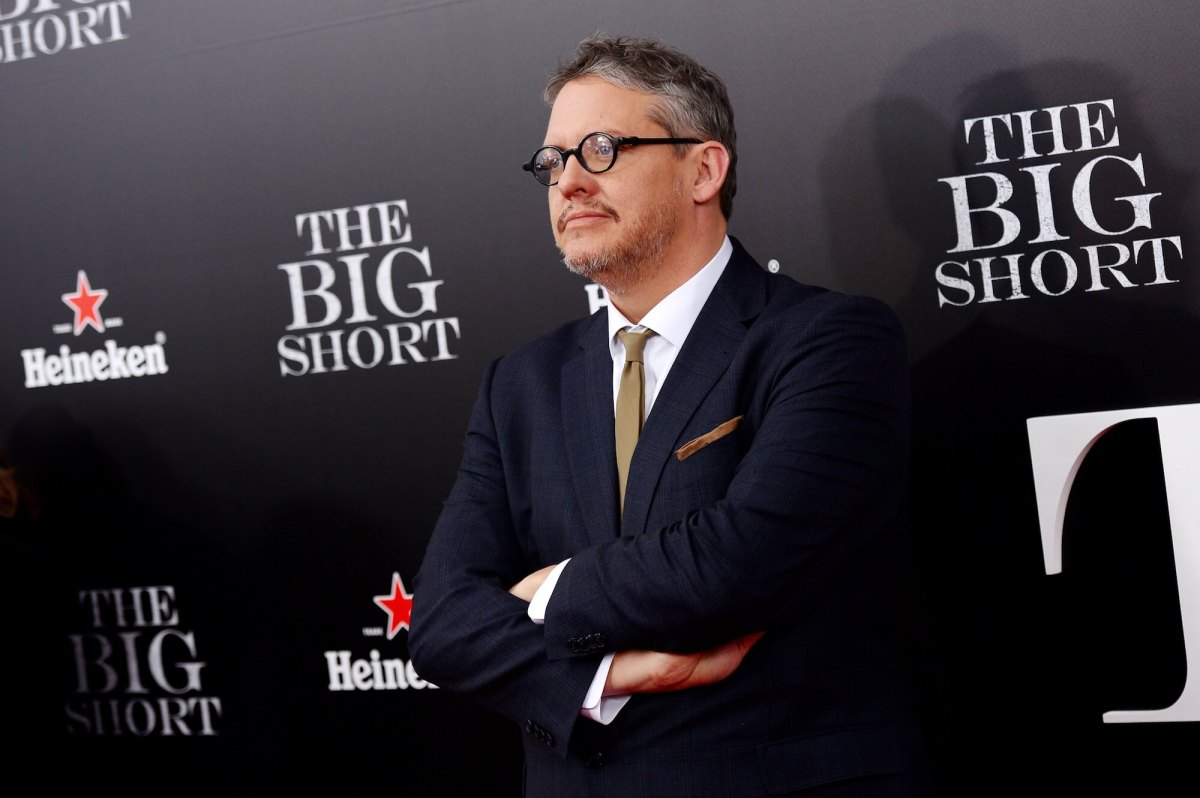Adam McKay took on quite a task with “The Big Short” — translating Michael Lewis’ chronicle of the finance world outsiders who discovered the coming housing crash that led to the economic disaster of 2008 and making it an entertaining film for folks who don’t necessarily know what a LIBOR is. But he likes a challenge. I walked out of this movie livid about the whole thing all over again. Was that your intention, to revive that anger? RELATED: “The Big Short” could be even more funny and scathing about terrible greed I was curious, from a filmmaking perspective, if you’re making something with the intention to rile people up or to educate them in a way. The asides in the film explaining complex financial instruments in this feel very similar to the “We the Economy” series you worked on last year. Do you see any correlation between the two projects? RELATED: Adam McKay goes animated for We The Ecomony short Having researched this, do you have a sense of what really started it? It’s a good attempt. Follow Ned Ehrbar on Twitter: @nedrick
Good.
Our news media never really broke it down and explained it. I mean, if anything they did a great job of, “Oh, it’s just a housing crisis,” these weird things, whatever, and that was it. This same news media have a lot of advertisements for banks that play during their shows, too. So I don’t think it was ever really fully explained because if it was I think you would’ve had the American people knowing exactly what we have to do as far as reform. And because it was never explained, no one really knows. They just know they hate the banks. Then they get tired and they go to hating liberals or hating gays. It’s that same cycle that gets repeated over and over again with every financial collapse, in which the people who don’t understand start hating immigrants.
There’s a bunch of goals with the movie. The No. 1 goal was to get people excited about this world, because I think one of the biggest misunderstandings is that this world is boring. It’s crazy we don’t have economics and finance classes in public schools in high school. But yeah, that was the big goal — “this is exciting, this is pulse-pounding, this is stuff you can understand, people have lied to you by saying this is boring or too hard to know about.”
I think without a doubt. What happened was Adam Davidson, our consultant on this movie, came in and he and I would just sit in my office and talk for four or five hours about interest rates, about the LIBOR rates. We’d talk about how the Fed was created. We’d just have these long discussions and they were fascinating and I just loved it. And I’d go read about it on my own and come back and sometimes I’d argue with him. He’s a pro-free trade guy, I’m not and we’d argue about that. So that is where “We the Economy” came out of.
There’s a lot of different answers to that. One that I’ve had discussions about is the fact that in the ’80s a lot of emerging economies stepped up. Suddenly China started generating wealth, the Middle East got even wealthier, so all of a sudden you have an extra like 20 to 30 trillion dollars in play, and I think that’s a lot of money that started swamping things. Then you mix that with Greenspan keeping interest rates low, so now everyone’s looking for places to put that money. That’s when Wall Street started developing all these exotic financial instruments. And then the lobbying efforts from the banks started, and I think when that happened that was it. So I don’t know, that’s a little construct I have. But you can also throw this into the mix: It happened to coincide with the biggest explosion of entertainment and media the world has ever seen, that we went from three UHF channels to 100 channels, 200 channels, 500 channels, a thousand. Radio blew up, DVDs, TVs, movies. You could say that distracted everyone while this other thing was going on.
It’s an attempt at an answer. I’m not sure it’s the answer. But they should outlaw lobbyists. That would fix a lot of things.
Adam McKay wants you to get angry about the 2008 economic crash again

Getty Images

























